The 9 Greatest Main Characters Who Made Their TV Shows Legendary
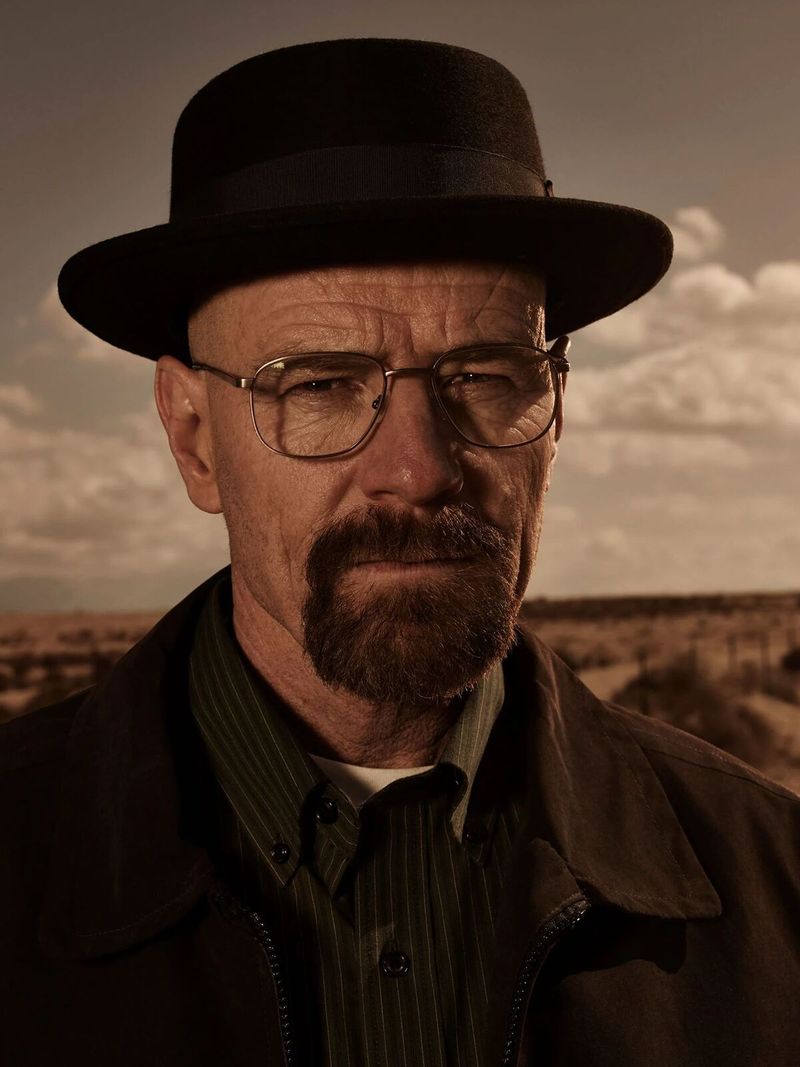
Television history has been shaped by unforgettable characters who became bigger than the shows they starred in. These remarkable personalities didn’t just entertain us weekly – they changed how stories are told on the small screen. From complex antiheroes to lovable goofballs, these characters connected with audiences in ways that transformed television forever.
1. Tony Soprano: The Conflicted Crime Boss
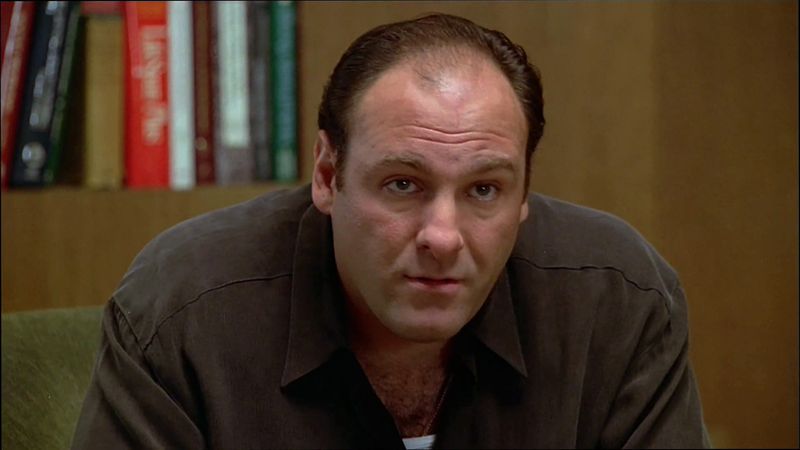
Before Tony Soprano, TV protagonists weren’t supposed to be murderous mob bosses viewers could actually root for. James Gandolfini’s portrayal created the template for the modern antihero – a man simultaneously capable of brutal violence and touching vulnerability.
Family dinners and therapy sessions revealed his complex inner life, making audiences uncomfortable with their own sympathy for him. His panic attacks humanized him in startling ways.
Tony’s influence extends far beyond The Sopranos. Without him, we might never have seen Walter White, Don Draper, or countless other morally complicated leads who’ve dominated prestige television ever since.
2. Homer Simpson: America’s Favorite Animated Dad

“D’oh!” With that signature catchphrase, Homer Simpson bumbled his way into TV immortality. The yellow-skinned, donut-loving father of three perfectly captured the hilarious contradictions of modern fatherhood – lazy yet hardworking, foolish yet occasionally wise.
Homer’s appeal comes from his relatability. His constant struggles with weight, work, and parenting resonate with millions who see bits of themselves in his imperfections.
For over three decades, this cartoon character has remained surprisingly human. His childlike enthusiasm, whether for a new scheme or a plate of pork chops, reminds us all of the simple joys in life.
3. Michael Scott: The Boss We Loved to Cringe At
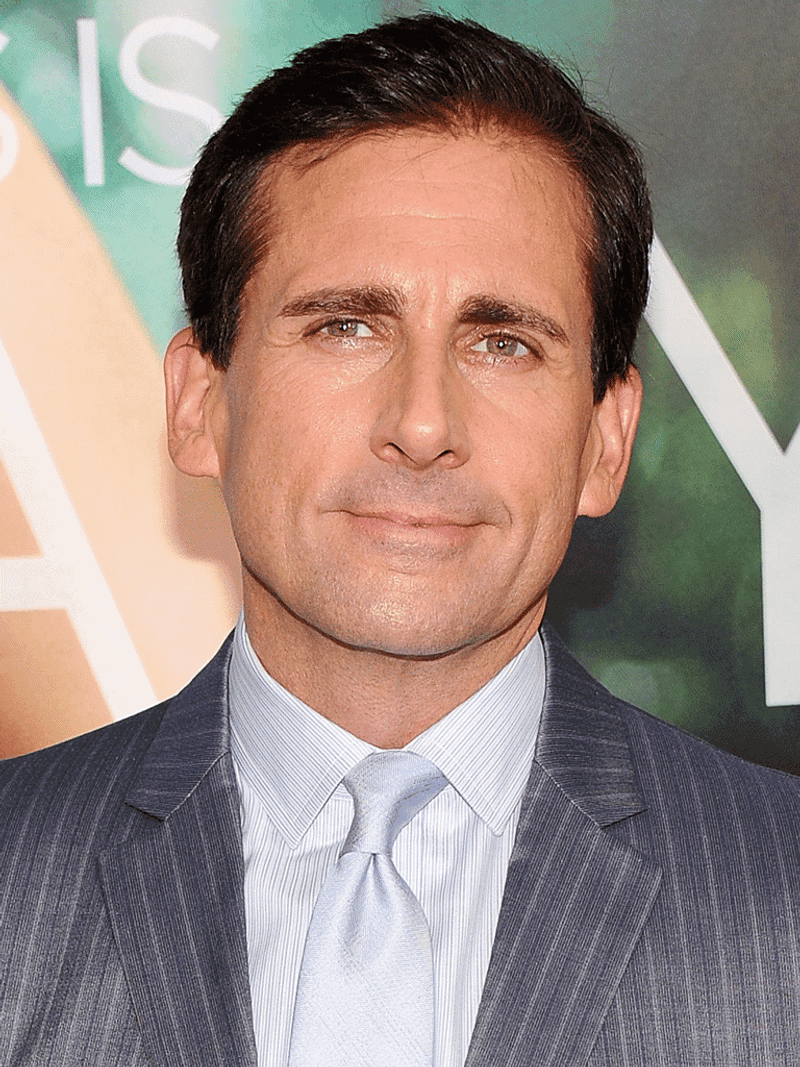
Michael Scott elevated workplace awkwardness to an art form. Steve Carell brilliantly portrayed a middle manager so desperate to be liked that he constantly crossed boundaries, creating TV’s most exquisite cringe comedy.
What made Michael transcendent wasn’t just his inappropriate jokes or clueless remarks. It was the glimpses of genuine loneliness beneath his bravado that turned a potential caricature into someone heartbreakingly human.
By his departure from The Office, viewers had completed a remarkable journey – from being repelled by Michael to understanding and even loving him, flaws and all. Few characters have ever achieved such a complex emotional evolution.
4. Walter White: Chemistry Teacher Turned Criminal Mastermind
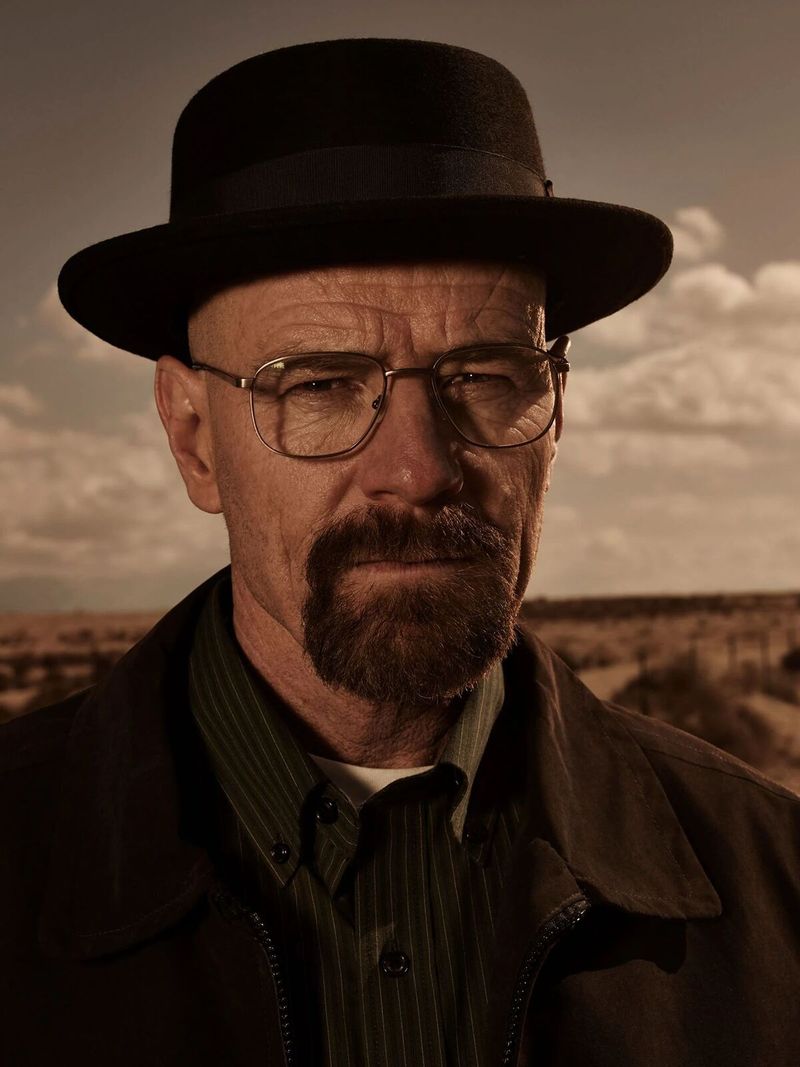
“I am the one who knocks.” With those six words, mild-mannered Walter White completed his transformation from sympathetic cancer patient to terrifying drug kingpin. Bryan Cranston’s performance created television’s most compelling character arc – a decent man’s gradual embrace of his darkest impulses.
Walt’s journey challenged viewers morally. We started by cheering his rebellion against an unfair system but ended horrified by the monster he became.
The genius of Breaking Bad was making us complicit in Walt’s choices. His brilliant mind, wounded pride, and twisted justifications kept us watching even as his humanity slipped away, leaving only Heisenberg behind.
5. Tyrion Lannister: The Imp Who Outsmarted Them All
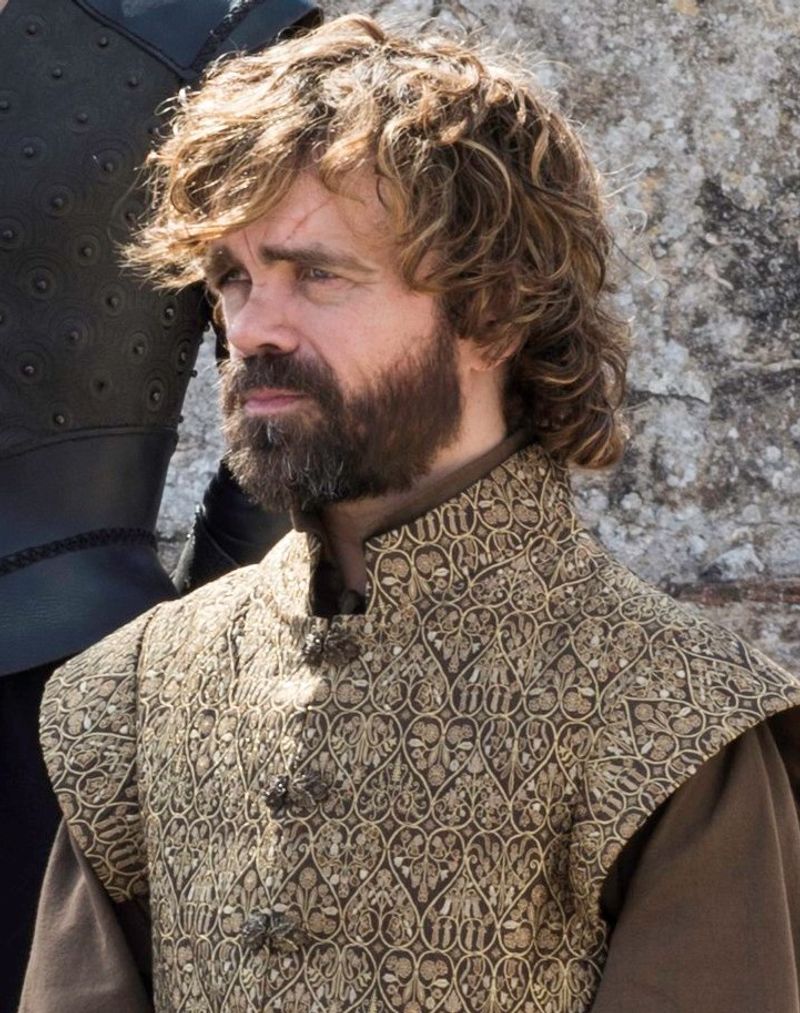
Tyrion Lannister proved that in the brutal world of Westeros, a sharp mind could be as powerful as a sword. Peter Dinklage’s Emmy-winning performance turned a character defined by physical limitations into Game of Thrones’ most compelling strategist.
Born a dwarf to a family obsessed with power and appearance, Tyrion navigated life with cutting wit and surprising compassion. His outsider status gave him unique insight into human nature.
What made Tyrion legendary wasn’t just his memorable quips but his moral complexity. Neither hero nor villain, he was simply a survivor trying to do right in a world where right and wrong rarely mattered – the perfect embodiment of the show’s nuanced approach to character.
6. Saul Goodman: The Lawyer With Flexible Ethics
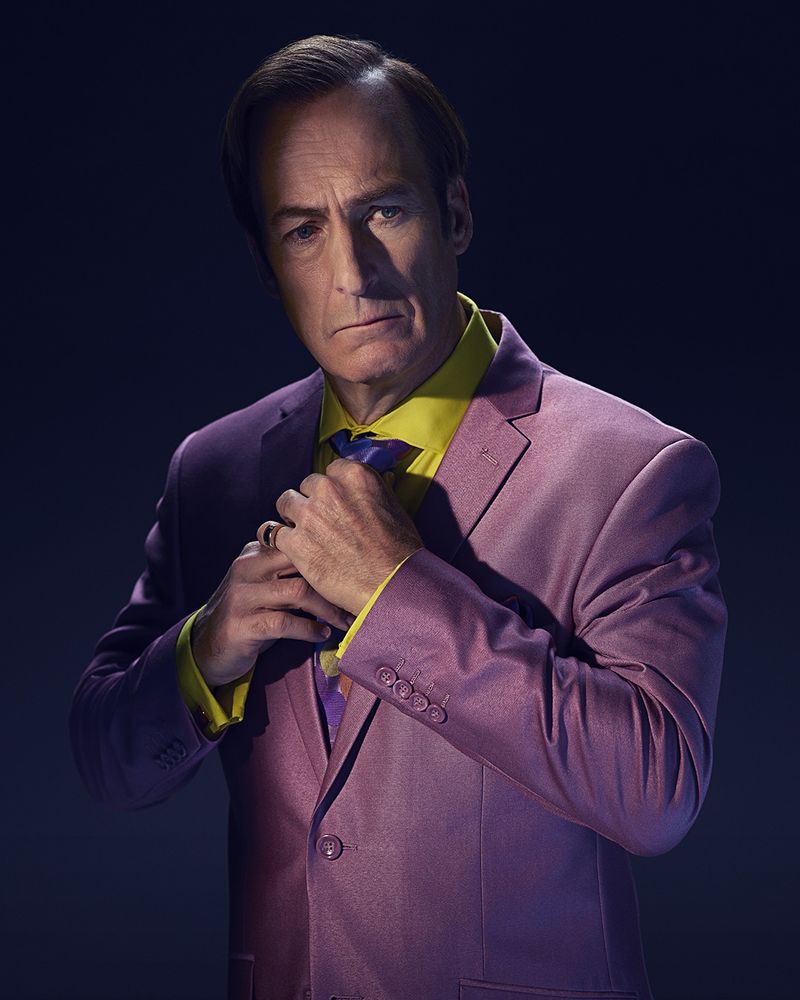
With his loud suits and louder personality, Saul Goodman seemed like comic relief when he first appeared in Breaking Bad. Bob Odenkirk transformed what could have been a one-note character into something remarkable – a man whose moral compromise was both tragic and understandable.
The prequel series revealed Jimmy McGill’s painful evolution. His slide from idealistic lawyer to criminal consultant happened through small, believable steps that viewers could follow and even empathize with.
Saul’s genius as a character came from his contradictions. Sleazy yet principled, manipulative yet loyal, he embodied the ethical gray areas that made both shows so compelling. His journey proved supporting characters could be just as complex as any protagonist.
7. Buffy Summers: The Slayer Who Fought the Night
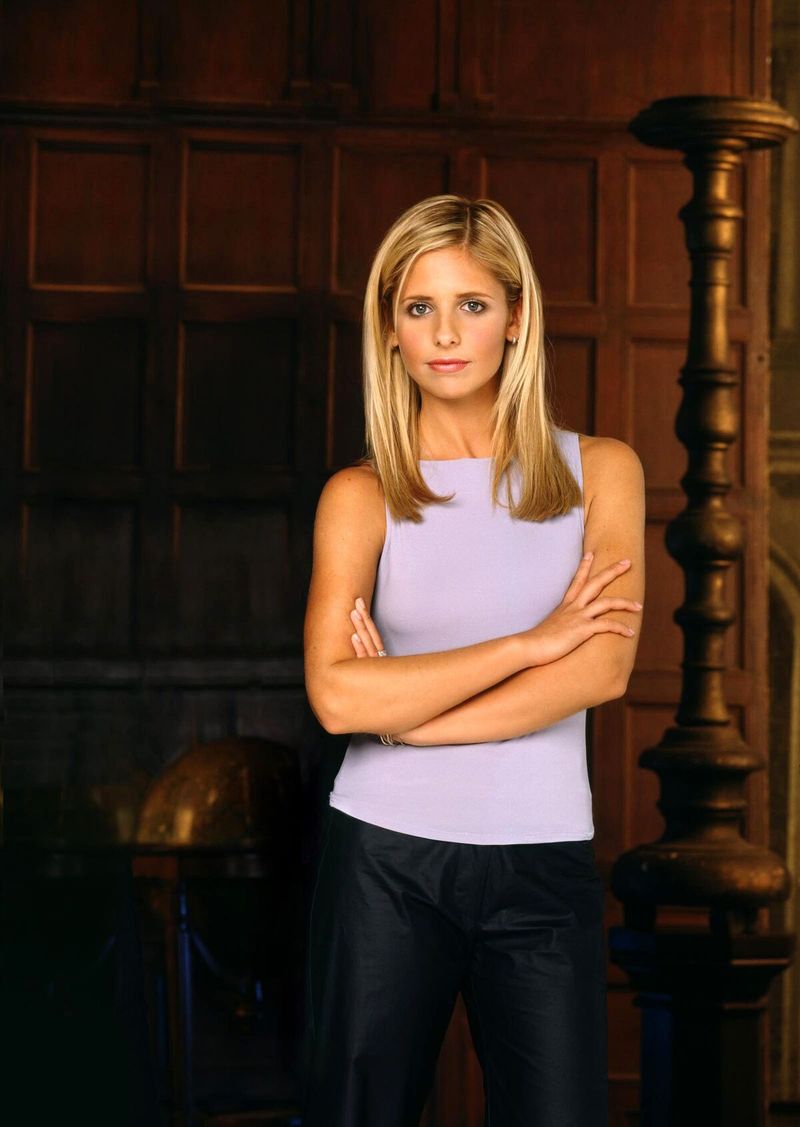
Buffy Summers, the Chosen One, captured the hearts of a generation with her fearless battle against the forces of darkness. As a high school student by day and a vampire slayer by night, Buffy embodied strength, resilience, and the struggles of adolescence. Her journey was not just about defeating evil but also about finding her own identity in a world filled with challenges.
Buffy’s character broke stereotypes, presenting a strong female hero who was both vulnerable and powerful. Her witty one-liners and compassionate nature made her relatable and beloved by fans. With a loyal group of friends, known as the Scooby Gang, she navigated the complexities of life, love, and destiny.
The show’s blend of horror, drama, and humor created a unique platform for Buffy’s character to shine. Her legacy continues to inspire, making “Buffy the Vampire Slayer” a timeless classic in the realm of television.
8. Eleven: The Superpowered Teen Who Captured Our Hearts
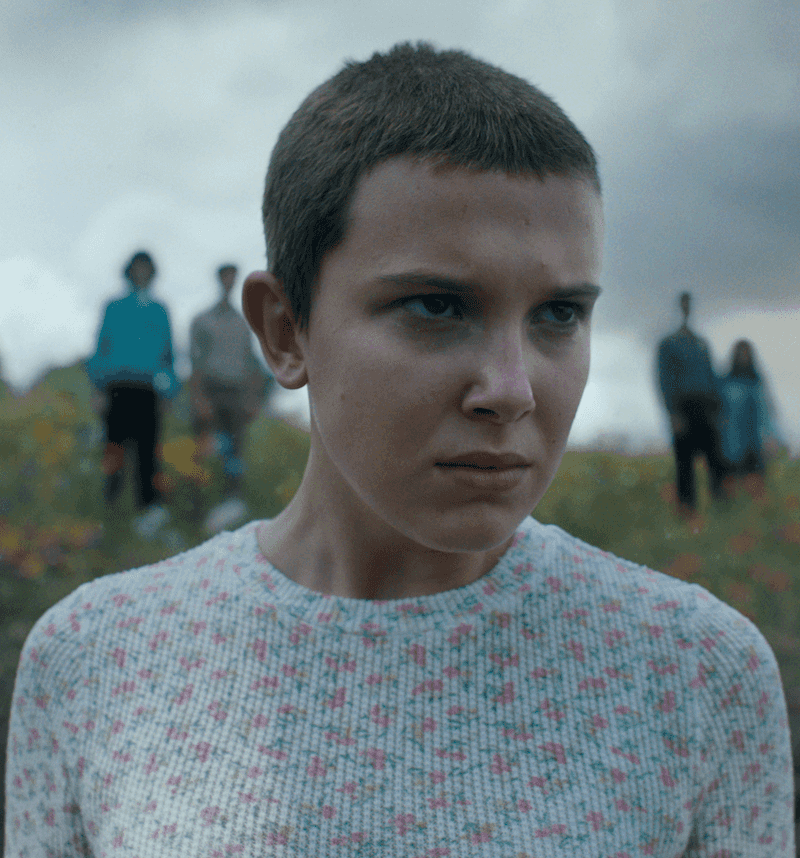
With a shaved head, a nosebleed, and barely any dialogue, Eleven became an instant cultural phenomenon. Millie Bobby Brown’s performance created Stranger Things‘ emotional center – a girl with extraordinary powers and an extraordinarily deprived childhood.
Eleven’s appeal came from this perfect contrast. Her ability to crush monsters with her mind existed alongside her childlike wonder at simple pleasures like friendship and Eggo waffles.
What made her truly iconic was her visual impact. The hospital gown, the bloody nose, the intense stare – these elements created immediate recognition. Her journey from experiment to hero showed that even in a show filled with 80s nostalgia, creating a truly original character could still captivate global audiences.
9. Sheldon Cooper: The Brilliant Mind With Social Blindspots

Sheldon Cooper turned the stereotypical TV nerd into something far more complex. Jim Parsons’ portrayal created a character whose brilliant mind and social cluelessness made him both frustrating and endearing.
What elevated Sheldon beyond stereotype was the show’s willingness to explore his perspective. His rigid routines and inability to read social cues weren’t just played for laughs but presented as part of who he fundamentally was.
Sheldon’s cultural impact extended far beyond The Big Bang Theory. His catchphrases entered everyday language, his knock sequence became instantly recognizable, and his character offered representation for neurodivergent viewers rarely seen on mainstream television. His popularity even spawned a successful spin-off focused on his childhood.

Comments
Loading…